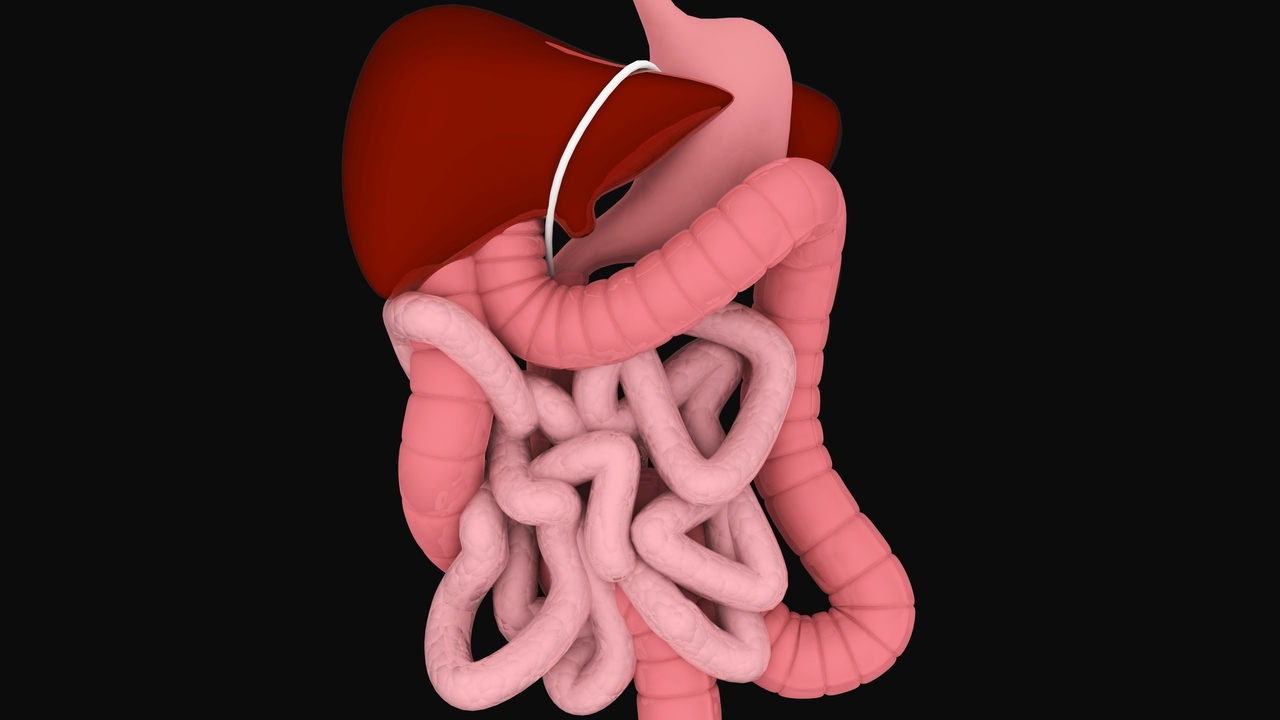 Divakaran Dileep/PhotoSpin
Divakaran Dileep/PhotoSpin
The human body is a complex collection of organs and systems that work together to keep us alive and healthy. Some organs, such as the heart, are necessary to sustain life. But the human body is able to do without part or all of some organs, despite their useful functions.
Lung
The human body typically comes equipped with two lungs that are divided into sections called lobes. At least one lung is necessary to add oxygen to the blood. If all or part of a lung is removed, the remaining lung may expand to take on some of the work of the missing lung.
A person with one lung will probably have a harder time breathing, and will not be able to exercise as strenuously as a person with two healthy lungs.
Kidney
The human body normally has two kidneys, which act as filters to remove impurities in the blood. Some people are born with one kidney. Others have a kidney surgically removed, either because it is diseased or because they've chosen to donate a kidney to someone whose kidneys have failed.
It is possible to live a normal life with just one kidney. It is also possible to live with no kidneys. This is done by undergoing regular kidney dialysis which uses a machine to remove waste from the blood.
Spleen
The spleen is an organ that helps filter the blood. It also acts as a reservoir for immune cells called monocytes. These immune cells are important in the healing of the body after trauma such as a heart attack, a wound with excessive bleeding, or certain types of infections. People can live without a spleen, but may be more prone to certain types of infections.
Reproductive organs
The reproductive organs of both men and women, including the testes and uterus, are necessary to create a child. But they are not necessary to sustain the life of the parent. Many people have their reproductive organs removed as a treatment for cancer or other diseases.
Stomach
Despite the body’s constant need for nourishment, it is possible to live without a stomach. People with stomach cancer or other conditions may have all or part of the stomach removed. In this case, the small intestine is connected directly to the esophagus, allowing them to continue to eat small meals.
Dietary supplements can help fill in missing nutrients that are not absorbed as effectively without the stomach.
Colon
The colon, also known as the large intestine, is the last portion of the digestive system. The colon removes some nutrients, water and salt, and moves the remainder of the food we eat to the rectum where it leaves the body as stool.
People with cancer or other diseases of the colon may have all or part of the colon removed. In some cases, a pouch can be made in the end of the small intestine to take the place of the colon. Other people may need to wear a bag on the outside of the body to collect stool if their colon is removed.
Appendix
Although this organ was once considered “vestigial” or no longer necessary, scientist now know that the appendix does serve a useful purpose. The appendix is a narrow tube that hangs off one end of the colon. It acts as a storehouse of “good” bacteria that help the intestines function effectively.
Although this organ is not critical for life, it does improve health for people living in less developed areas. Where diarrhea is a common problem, good bacteria from the appendix repopulate the intestines to improve digestive health.
In general, while you may not need these organs to survive, you are better off with them than without them. If you have questions about any of your organs or how to keep them healthy, talk to your health care provider.
Sources:
LiveScience. What Organs Can You Live Without? Rachel Rettner. Web. April 28, 2015.
http://www.livescience.com/27896-pope-one-lung-organs-you-can-live-witho...
The New York Times. Finally, the Spleen Gets Some Respect. Natalie Angier. Web. April 28, 2015.
http://www.nytimes.com/2009/08/04/science/04angier.html?_r=0
WebMD. Digestive Disorders Health Center. Web. April 28, 2015.
http://www.webmd.com/digestive-disorders/picture-of-the-colon
National Geographic News. Vestigial Organs Not So Useless After All, Studies Find. Maggie Koerth-Baker. Web. April 28, 2015.
http://news.nationalgeographic.com/news/2009/07/090730-spleen-vestigial-...
Reviewed April 29, 2015
by Michele Blacksberg RN
Edited by Jody Smith




